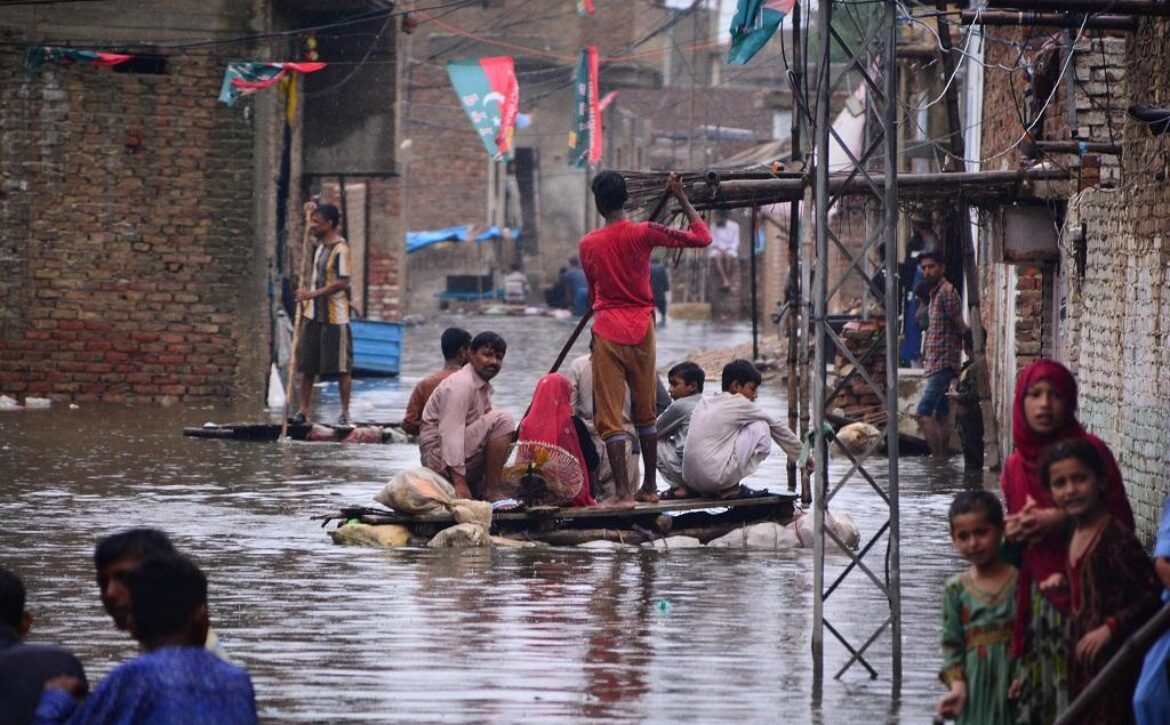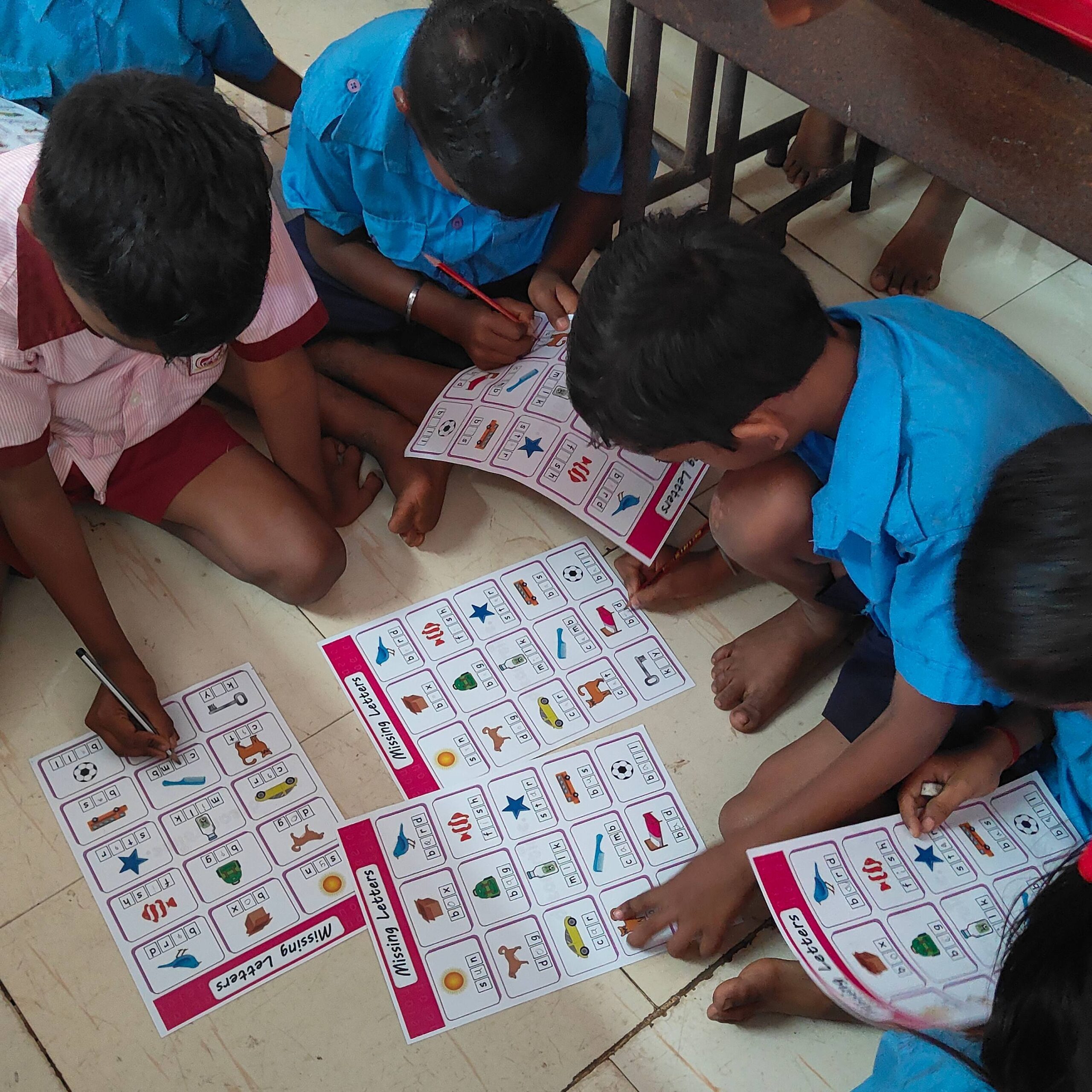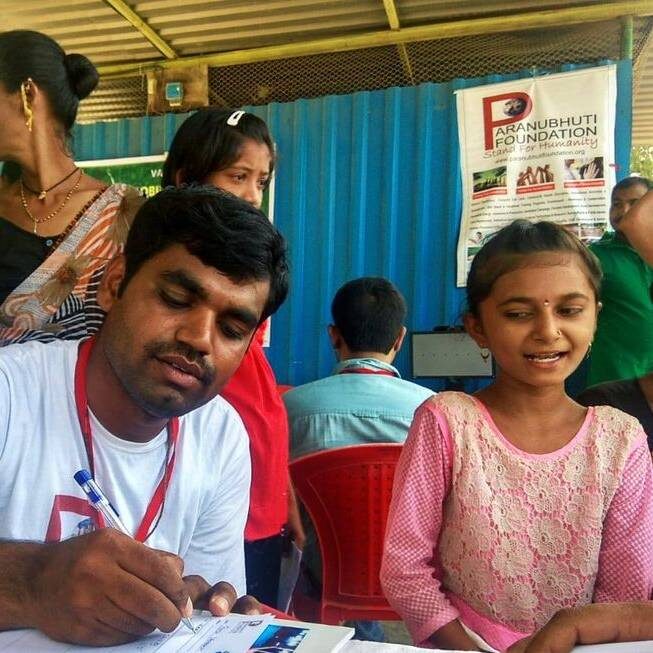Climate Change Disasters: Worsening Inequalities and Marginalizing Communities

In the face of a rapidly changing climate, marginalized communities are often the first and most severely impacted. These communities, often characterized by lower socioeconomic status, limited access to resources, and historical marginalization, are disproportionately vulnerable to the devastating effects of climate change disasters. Climate change is intensifying the frequency and severity of extreme weather events, such as floods, droughts, wildfires, and heat waves. These events have far-reaching consequences, disrupting livelihoods, destroying homes and infrastructure, and increasing inequalities.Marginalized communities are often located in areas that are most susceptible to these climate-related hazards. For instance, low-income communities may reside in coastal areas vulnerable to sea level rise or in flood-prone regions. Additionally, these communities may lack the resources to adequately prepare for and recover from disasters, further compounding their vulnerability.
The impacts of climate change disasters on marginalized communities are multifaceted and far-reaching. These disasters can lead to:
1)Loss of lives and livelihoods: Climate change disasters can directly cause death and injury, as well as the destruction of homes, crops, and livestock, disrupting livelihoods and plunging families into poverty.
2)Displacement and migration: Climate change disasters can force people to abandon their homes and seek refuge in other areas, leading to displacement and migration, often to already overcrowded and resource-scarce regions.
3)Health impacts: Climate change disasters can worsen existing health problems and introduce new ones, such as respiratory illnesses from air pollution and waterborne diseases from floods.
4)Economic hardship: Climate change disasters can disrupt economic activities, leading to job losses, reduced income, and increased financial strain for marginalized communities.
5)Social and emotional trauma: Climate change disasters can cause significant psychological trauma, particularly for children and vulnerable groups, leading to anxiety, depression, and post-traumatic stress disorder.
The plight of marginalized communities in the face of climate change disasters demands urgent action and collective responsibility. Organizations like Paranubhuti Foundation are playing a crucial role in supporting these communities by providing relief, rehabilitation, and resilience-building programs.
Paranubhuti Foundation is a non-profit organization dedicated to empowering marginalized communities and promoting sustainable development. In response to the growing threat of climate change, the foundation is working tirelessly to support marginalized communities ensuring that these communities are not left behind in the face of climate change disasters. Your generous support will enable the foundation to continue its vital work and make a tangible difference in the lives of those most vulnerable.
Please consider donating to Paranubhuti Foundation today and join the fight for climate justice and equitable resilience. Together, we can build a more resilient and inclusive future where all communities have the resources and support they need to thrive in the face of a changing climate.

















